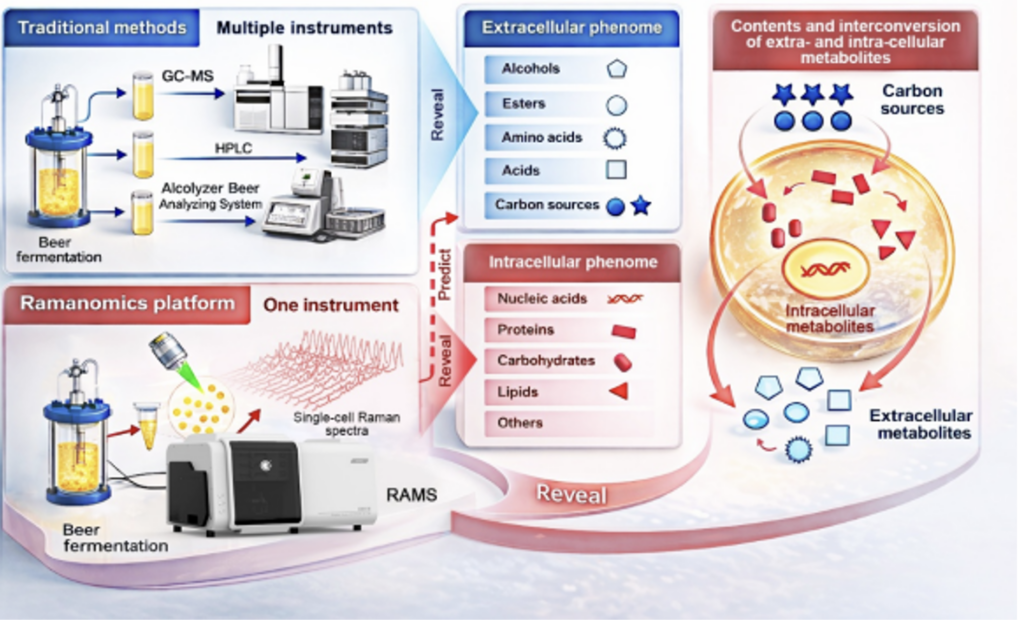https://www.nature.com/nature-index/supplements/nature-index-2025-science-cities/tables/overall
https://en.people.cn/n3/2025/1118/c90000-20391615.html
The newly released “Nature Index 2025 Science Cities” supplement shows that the number of Chinese cities in the global top ten rose from five in 2023 to six in 2024, marking the first time China holds a majority in the rankings.
The supplement draws on the Nature Index database, which tracks research articles published from 2015 to 2024. Its analysis uses “Share”, a fractional count reflecting institutional contribution to publications, as the primary metric, with time-series data adjusted to 2024 levels. Each city’s Share is calculated by summing the contributions of all affiliated institutions located within that city.
According to the Nature Index, the world’s leading science cities overall are: Beijing, Shanghai, New York metropolitan area (U.S.), Boston metropolitan area (U.S.), Nanjing (China), Guangzhou (China), San Francisco Bay Area (U.S.), Wuhan (China), Baltimore-Washington metropolitan area (U.S.), and Hangzhou (China).
Further analysis shows that Chinese cities hold a strong advantage in chemistry, physical sciences, and earth and environmental sciences, leading the global rankings in all three fields. Notably, Chinese cities claimed all of the top ten positions in chemistry for the first time. In the other two subject areas, they secured six of the top ten spots, with Beijing ranking first worldwide across all three domains.
European cities in the ranking start at 19 (London), followed by Zurich (28), Cambridge (29), Munich (30) and Berlin (32), following Qingdao at position 31.



